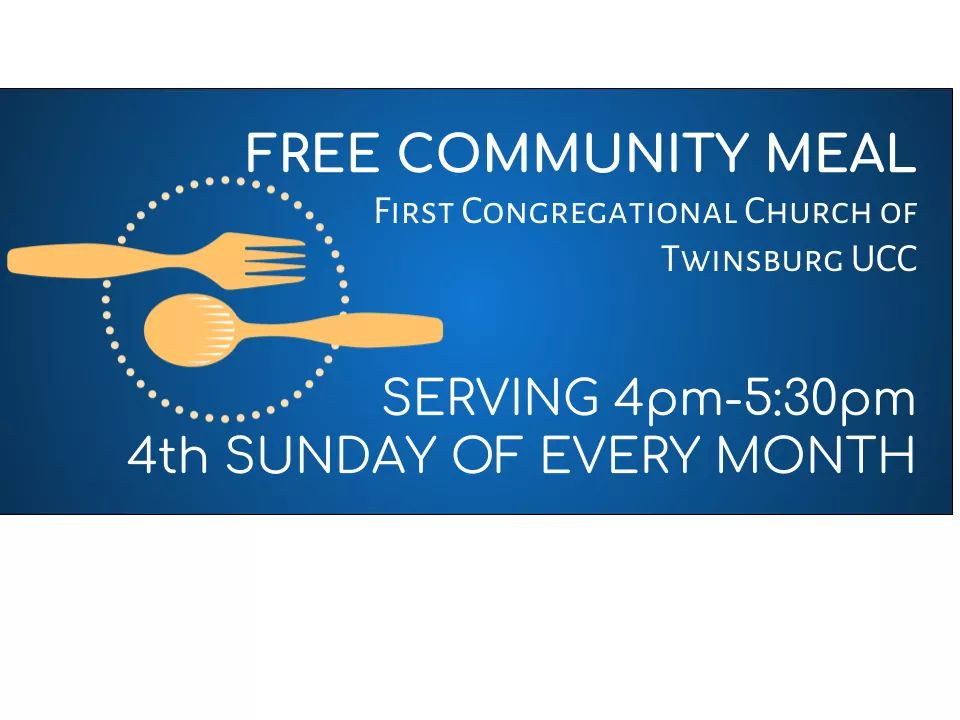Galatians 1:13-17; 2:11-21
Last week’s sermon examined the first church council in Jerusalem. Where it was recognized that the Gentiles have full acceptance by faith alone in Jesus Christ. Shortly after this Council, Paul wrote the letter to the Galatians. This was probably the first book in our New Testament that was written. For the next three sermons we are going to consider the challenges facing the church especially the challenge of full conclusion.
He begins this letter with something astonishing, “I am astonished that you are so quickly deserting the one who called you in the grace of Christ and are turning to a different gospel (1:6).” Of course, he quickly adds, that there is no other gospel, but there are perversions of the gospel that can send us in the opposite in a hell-bound direction. The manifestation of the perverted gospel that Paul address in Galatians has to do with the mixing of works and faith, especially ritualistic works of the Old Covenant. The perverters taught that to be saved, you must have Christ plus ______.
Beliefs and practices that pervert the gospel have always been a temptation to believers. They may be things that we are comfortable with, or practices that we think prove or devotion to Christ, or rituals that set us apart from the not-so-committed Christians. Requirements are piled upon believers that are supposed to make them better Christians. All these things only bind believers and keep them from the freedom that is in Christ Jesus. We are set free from the evil age by the grace of God in the giving of Christ for our sins.
The call of Galatians is to stand firm in the freedom that Christ has secured for us. We cannot allow the gospel to be added to, or diminished. We can only proclaim grace and peace given to us by God our Father and the Lord Jesus Christ who gave himself for our sins o set us free from this present evil age, so that we can live according to the will of our God. (1:3-4)
Pastor Greg





